Are you fascinated by the haunting tales of the Salem Witch Trials? Every October, the gripping narratives of this dark chapter in American history resurface, captivating minds and sparking curiosity.
From political pressures to religious tensions, the stage was set for a frenzy that would leave a lasting mark on the nation.
If you’ve ever found yourself drawn to movies inspired by the Salem Witch Trials, you’re in for a treat. Dive deeper into this compelling period with some of the best history books available on the subject.
Whether you prefer meticulously researched nonfiction accounts or beautifully crafted novels, there’s a wealth of literature waiting to transport you back to the 1690s.
Explore the facts, unravel the mysteries, and immerse yourself in the gripping stories that have stood the test of time.
Top 10 Best History Books on Salem Witch Trials
The Salem Witch Trials of 1692 remain one of the most intriguing and tragic events in American history, capturing the imaginations of historians, writers, and readers alike. Numerous books have been written about this dark period, offering various perspectives and insights.
Here are ten of the best history books on the Salem Witch Trials:
1. “The Crucible” by Arthur Miller
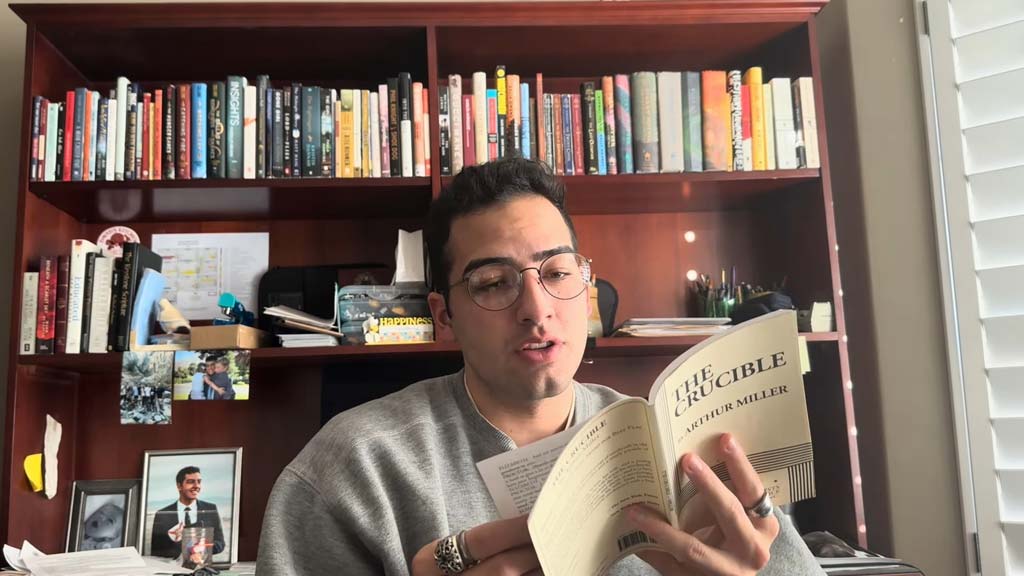
Though a work of fiction, Arthur Miller’s “The Crucible” is a crucial cultural reference for understanding the Salem Witch Trials.
Written during the Red Scare, Miller uses the trials as a metaphor to criticize the mass hysteria and accusations of McCarthyism.
The play explores themes of power, integrity, and the devastating impact of fanaticism, making it a poignant and enduring examination of human behavior in the face of fear and suspicion.
2. “Salem Possessed: The Social Origins of Witchcraft” by Paul Boyer and Stephen Nissenbaum
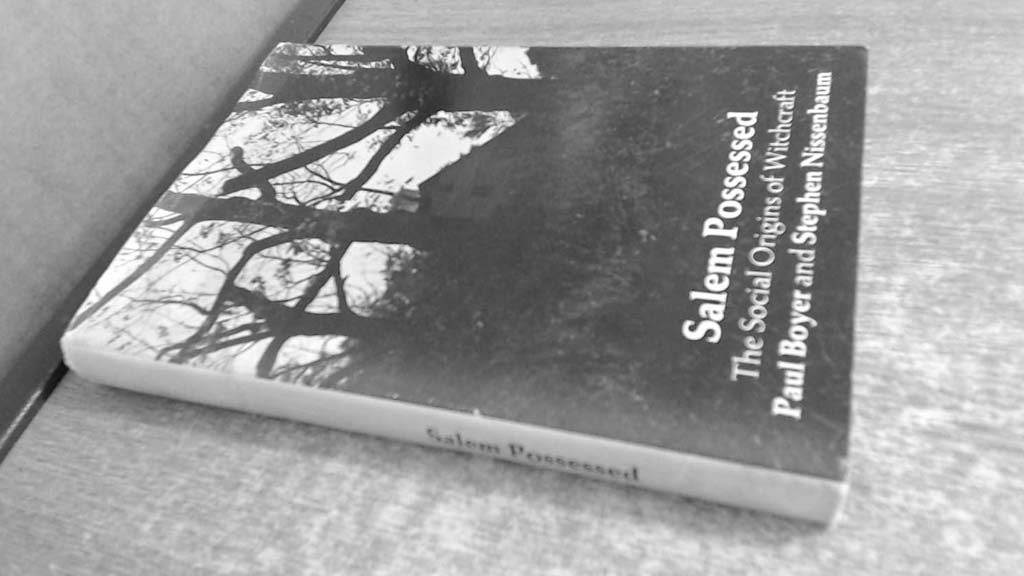
Boyer and Nissenbaum’s “Salem Possessed” is a groundbreaking study that examines the socio-economic underpinnings of the witch trials.
By analyzing land disputes, family feuds, and economic stratification in Salem Village, the authors argue that the witch trials were not merely a religious or supernatural phenomenon but deeply rooted in the social tensions of the community.
This book provides a critical understanding of the local conflicts that fueled the hysteria.
3. “The Devil in Massachusetts: A Modern Enquiry into the Salem Witch Trials” by Marion L. Starkey
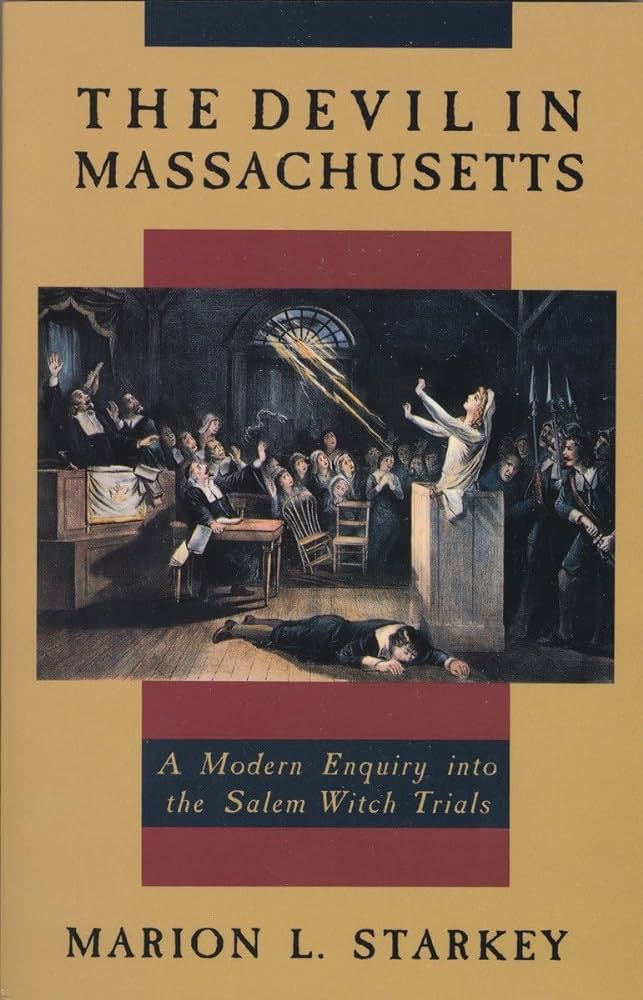
Marion L. Starkey’s “The Devil in Massachusetts” presents a detailed narrative of the Salem Witch Trials based on contemporary records.
Starkey’s engaging writing style brings the events to life, capturing the psychological and emotional turmoil of the period.
She offers a modern interpretation of the trials, suggesting that mass hysteria and psychological manipulation played significant roles in the tragic outcomes.
This perspective is further supported by the historian Chadwick Hansen in his book “Witchcraft at Salem.” Hansen delves into the societal and cultural factors that contributed to the escalation of accusations during the trials.
His analysis sheds light on how fear and prejudice fueled the hysteria, leading to devastating consequences for many innocent individuals involved.
4. “A Storm of Witchcraft: The Salem Trials and the American Experience” by Emerson W. Baker
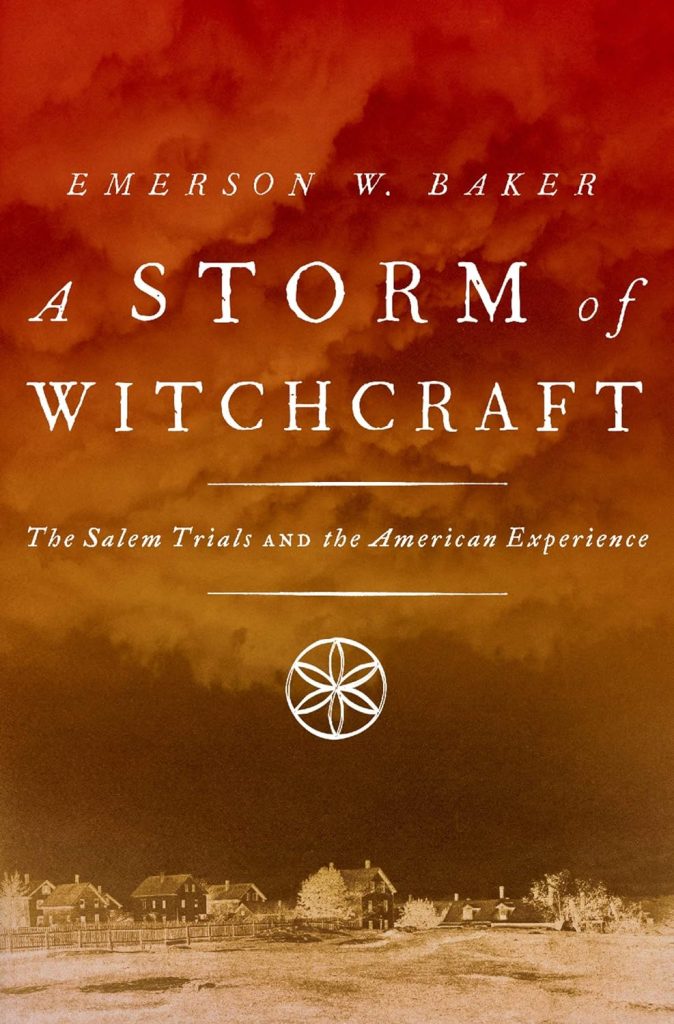
In “A Storm of Witchcraft,” Emerson W. Baker situates the Salem Witch Trials within the broader context of American history.
He explores how the trials were influenced by the political, religious, and cultural climate of late 17th-century New England.
Baker also examines the lasting legacy of the trials, discussing how they have shaped American legal practices and societal values. His comprehensive approach provides a deeper understanding of the trials’ significance.
5. “In the Devil’s Snare: The Salem Witchcraft Crisis of 1692” by Mary Beth Norton
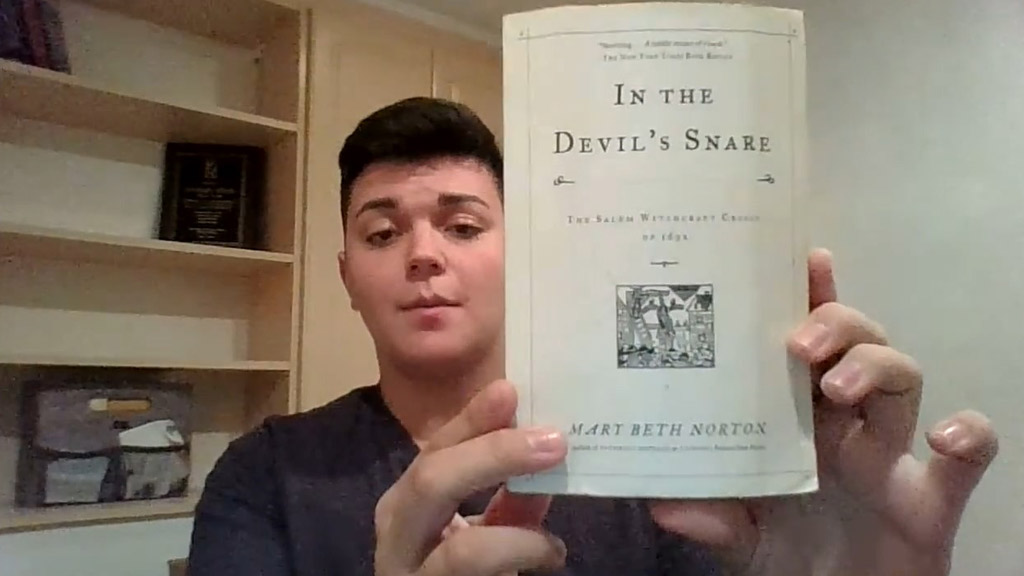
Mary Beth Norton’s “In the Devil’s Snare” investigates the broader geopolitical and military context of the Salem Witch Trials.
Norton connects the witchcraft accusations to the fears and anxieties generated by King William’s War and frontier conflicts with Native American tribes.
Her analysis highlights how external pressures and wartime stresses exacerbated local tensions, contributing to the outbreak of hysteria in Salem.
6. “The Salem Witch Trials: A Day-by-Day Chronicle of a Community Under Siege” by Marilynne K. Roach
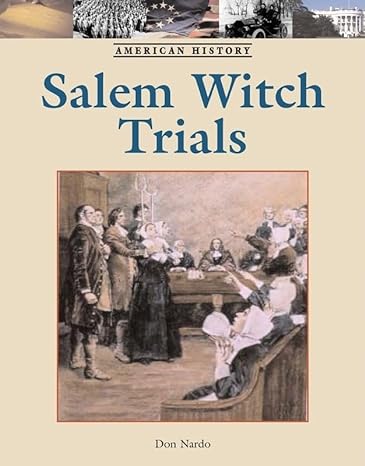
Marilynne K. Roach’s “The Salem Witch Trials” offers an exhaustive day-by-day account of the events from 1692 to 1693. Roach meticulously documents the proceedings, testimonies, and key figures involved in the trials.
Her detailed chronology allows readers to trace the escalation of the crisis and provides a granular understanding of how the witch hunt unfolded. This comprehensive record is invaluable for anyone seeking an in-depth study of the trials.
7. “Salem Witch Judge: The Life and Repentance of Samuel Sewall” by Eve LaPlante
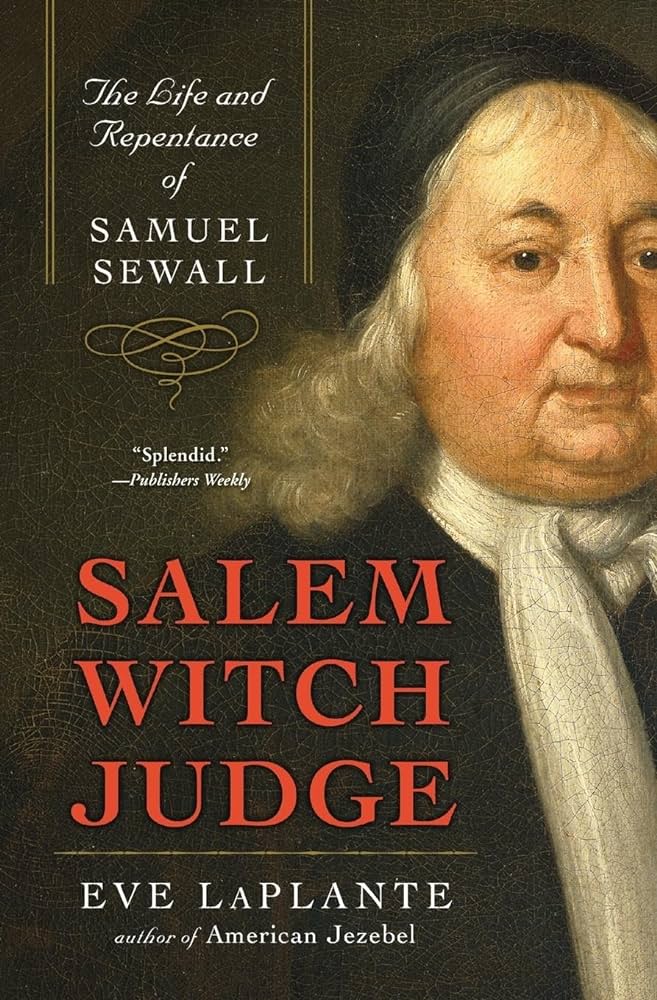
Eve LaPlante’s biography of Samuel Sewall, one of the judges in the Salem Witch Trials, offers a unique perspective on the trials.
“Salem Witch Judge” explores Sewall’s role in the proceedings and his subsequent public repentance, which was rare among his peers.
LaPlante’s portrayal of Sewall’s internal struggle and moral reckoning provides insight into the human dimension of the trials and the possibility of redemption.
8. “The Witches: Suspicion, Betrayal, and Hysteria in 1692 Salem” by Stacy Schiff
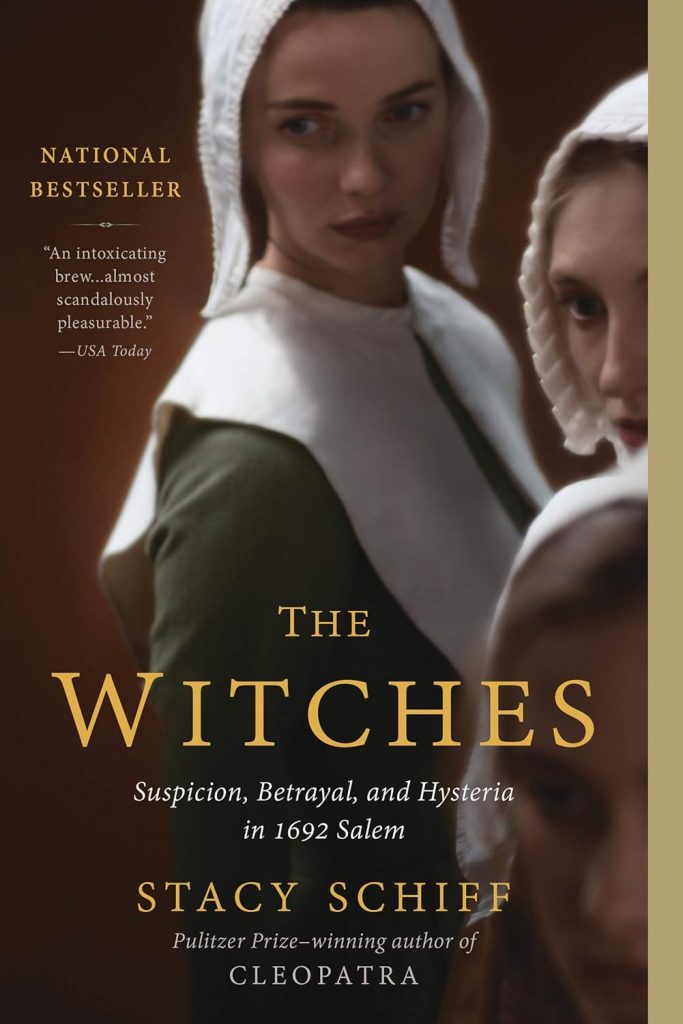
Stacy Schiff’s “The Witches” is a richly detailed and engaging narrative of the Salem Witch Trials. Schiff, a Pulitzer Prize-winning author, brings her storytelling prowess to the historical account, creating a vivid and immersive depiction of the events.
Her book delves into the personalities of the key players, the societal norms of the time, and the cascading effects of suspicion and fear. Schiff’s work stands out for its narrative quality and thorough research.
9. “Witch-Hunting in Seventeenth-Century New England: A Documentary History 1638-1693” edited by David D. Hall
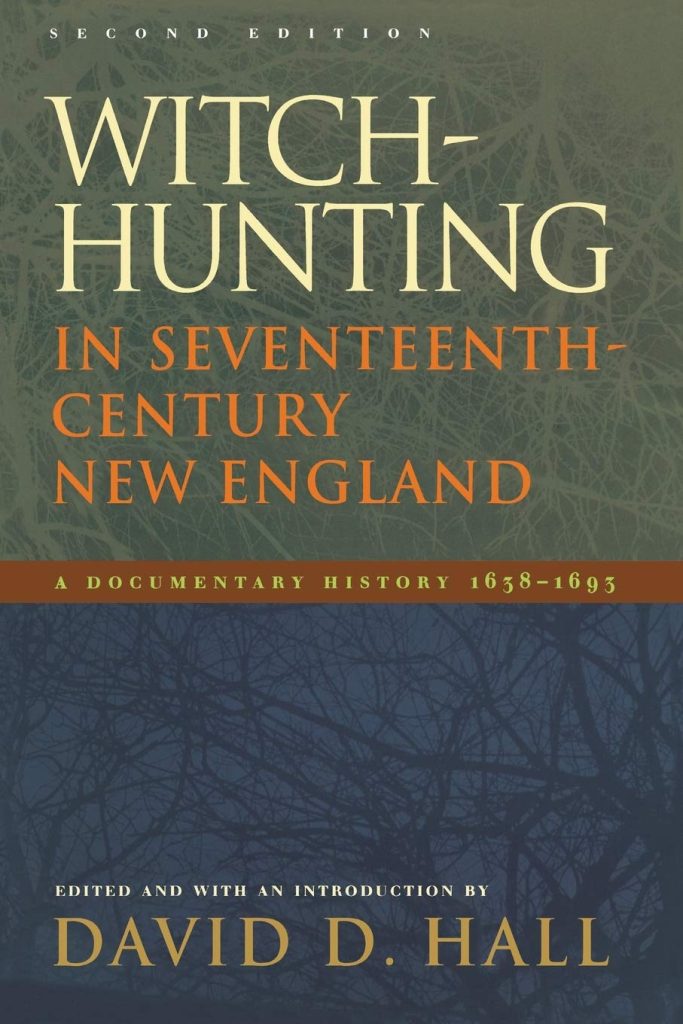
David D. Hall’s “Witch-Hunting in Seventeenth-Century New England” is a compilation of primary source documents related to witchcraft cases in New England, including the Salem Witch Trials.
This collection provides direct access to the legal records, letters, and personal accounts of the period, offering invaluable primary evidence for understanding the mindset and legal practices of the time.
Hall’s careful annotations and contextual explanations make this an essential resource for scholars and history enthusiasts.
10. “The Salem Witchcraft Trials: A Legal History” by Peter Charles Hoffer
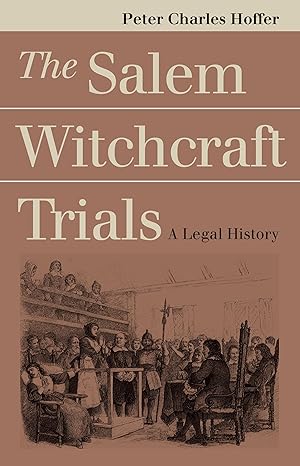
Peter Charles Hoffer’s “The Salem Witchcraft Trials: A Legal History” focuses on the legal aspects of the trials, examining how the judicial system of the time handled the accusations of witchcraft.
Hoffer provides a detailed analysis of the legal procedures, the role of the magistrates, and the influence of contemporary legal thought on the trials.
His work sheds light on the judicial errors and legal precedents that contributed to the miscarriage of justice, offering a critical legal perspective on the events.
Frequently Asked Questions
What sparked the Salem Witch Trials frenzy?
The Salem Witch Trials were fueled by political, religious tensions, and societal fears, leading to a frenzy that resulted in the tragic loss of innocent lives.
Who were key figures in the Salem Witch Trials?
Historical figures like Tituba and Reverend Samuel Parris played significant roles in shaping the events of the Salem Witch Trials.
What criteria are considered for top history books?
Top history books on the Salem Witch Trials focus on historical accuracy and are enriched by positive reader reviews for a comprehensive understanding.
How do fictional retellings offer unique perspectives?
Fictional retellings of the Salem Witch Trials blend facts with creative storytelling, providing fresh insights into gender, race, shame, and redemption.
Where can you find further resources on the Salem Witch Trials?
Explore resources at local libraries, online retailers, secondhand bookstores, book clubs, documentaries, historical sites, academic journals, podcasts, and audiobooks for a deeper understanding of the Salem Witch Trials.
Laura Chassaigne